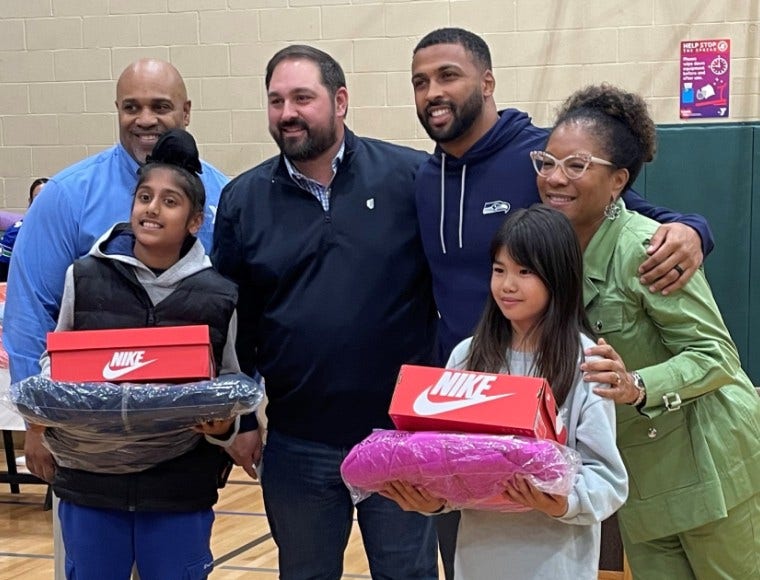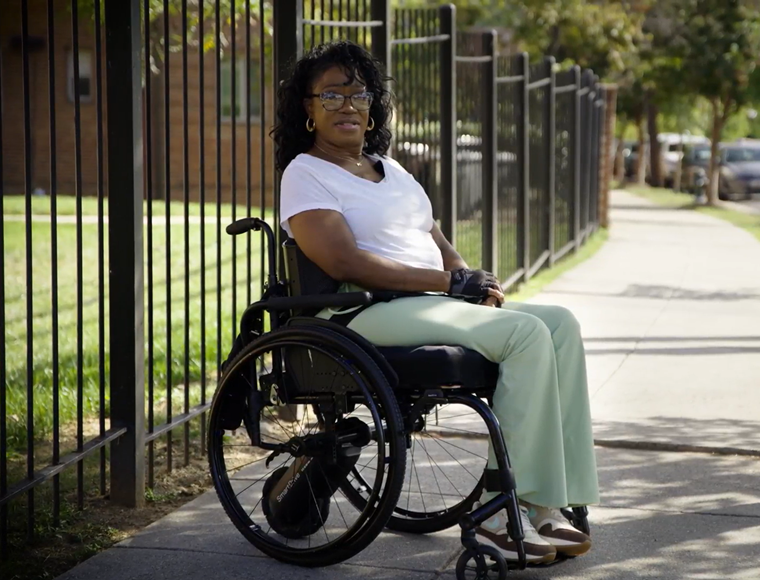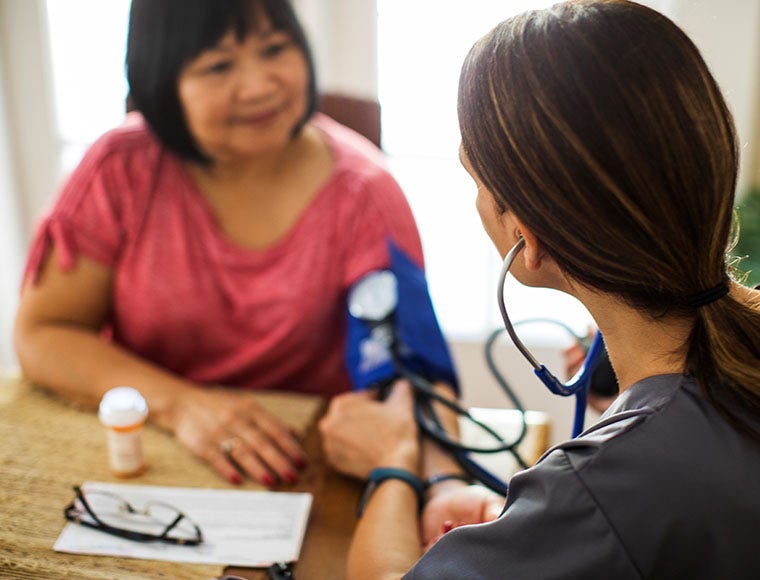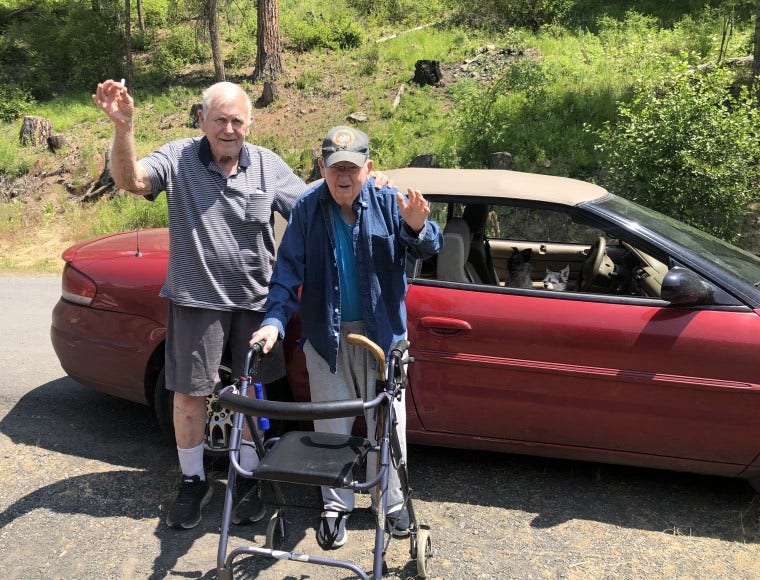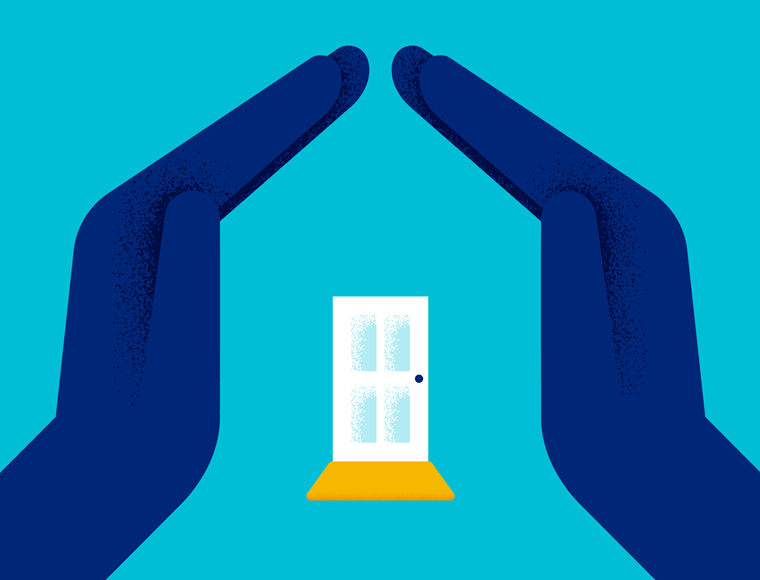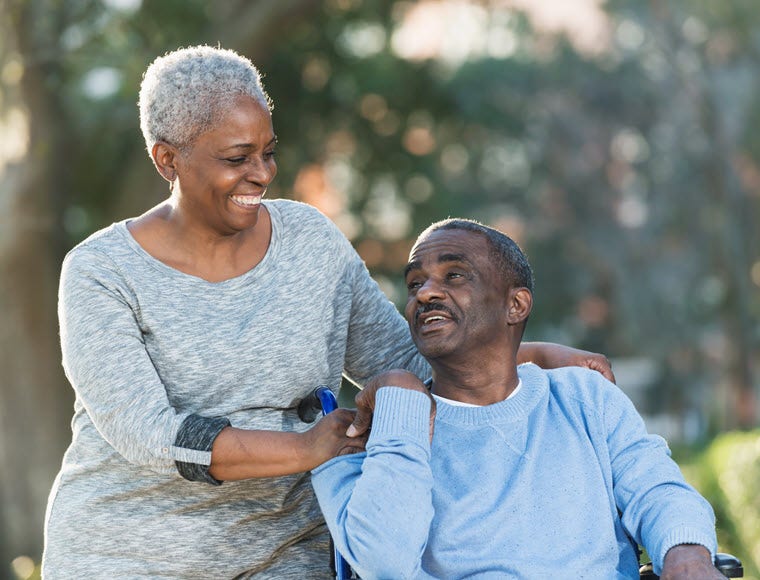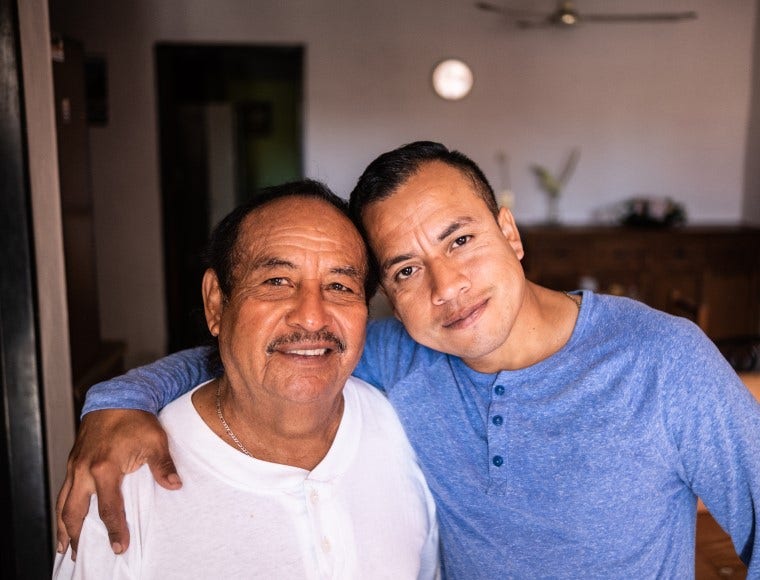Physical and behavioral health care needs among people in prisons and jails are much higher than those of the general public. Adjusting to life after being released from jail or prison can be stressful. Individuals must find housing, employment and care for their health needs. More than 80% of the prison population in some states qualify for Medicaid at the time of their release.
Often there is a gap from the time someone leaves a correctional facility until they receive services in the community. To ease the situation and provide immediate information and assistance, UnitedHealthcare Community Health Plan of Washington is providing duffle bags of support to recently released individuals.
These duffle bags include necessities such as hygiene products, blankets and socks in an easy-to-carry bag. The bag also includes information to support successful re-entry into the community. Each duffle bag contains UnitedHealthcare resources, such as a doctor chat flyer and a jail transition coordinator business card. If a UnitedHealthcare care coordinator met with member before their release date, they also receive jail transition care plan documents.
Kits have been given out at Pierce County Court Resource Center, SCORE Jail, Carnegie Resource Center in Snohomish, Peer Kent, Yelm Jail and Nisqually Jail.
Providing these supplies and access to services following release from jail can help alleviate anxiety and stress for individuals. The portability of the bags is beneficial for members who are homeless, trying to get settled or for those who do not have the support of their family or friends. About 570 out of every 10,000 formerly incarcerated people are homeless, living in a shelter or living in marginal housing such as a rooming house, motel or hotel.
Giving new items and hygiene supplies to individuals shows that someone recognizes their needs and cares about their success post-release. It also provides needed information to start their health care journey on the right foot.
Offering these duffle bags to community agencies who are working with the justice-involved population strengthens the partnership and connection with these individuals. By focusing on the justice-involved populations, health care leaders, MCOs and policymakers can partner on dedicated strategies to reverse inequities and address outcome disparities.

